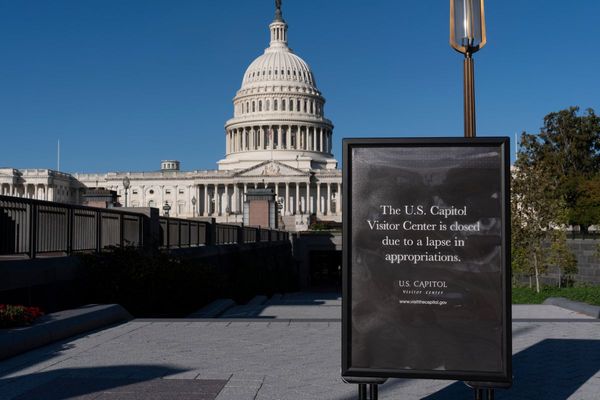Sharia law is Islam's legal system, based off of the Quran and the rulings of Islamic scholars.
It acts as a code of conduct for modern Muslims to adhere to, making sure they live their lives according to God's wishes.
Depending on how strictly the law is followed - it can impact every aspect of daily life for a Muslim.
Many British Muslims will use Sharia law as a guidebook, informing them on every day things including family problems and financial decisions - however some countries adopt Sharia law in their courts and have the authority to punish offenders in extreme ways.
Under Sharia law, there are two types of offences - tazir and hadd.
Hadd crimes are considered the worst - these include theft and adultery - in some countries, hadd crimes can be punishable by amputation, stoning and execution.
Which countries have Sharia Law?

Not all Muslim countries enforce the extreme hadd punishments, with international Muslim opinions varying dramatically on the subject.
The UN has spoken out against death by stoning, saying it "constitutes torture or other cruel, inhuman or degrading treatment or punishment and is thus clearly prohibited".
Several countries use Sharia law to varying degrees. These include:
- Afghanistan
- Egypt
- Indonesia
- Iran
- Iraq
- Malaysia
- Maldives
- Mauritania
- Nigeria
- Pakistan
- Qatar
- Saudi Arabia
- Sudan
- United Arab Emirates
- Yemen
The fundamentalist group - the Taliban are currently taking control of Afghanistan.
Historically, the Taliban have adopted the strictest attitude to Sharia law, and many Afghans are growing terrified for their future as it is likely the Taliban will enforce incredibly oppressive laws and horrifying punishments.
Taliban punishments

With Afghanistan on the brink of collapse, Taliban spokesman Suhail Shaheen told the BBC that the country would return to Sharia law soon, adding: "Of course, we want Islamic government."
Many people - both locally and internationally - fear that the Taliban will roll back two decades of gains by women and ethnic minorities.
When the fundamentalist group were last in power in 2001, women could not work and girls were banned from school.
Women had to cover their faces in public and had to always be accompanied by a male relative if they wanted to leave their homes.
Under Taliban rule, one Afghan girl had her ears and nose severed, before being left for dead after she ran away from an arranged marriage.
Another woman had the tip of her thumb cut off because she was wearing nail varnish on her fingers.
The spokesman for the terror group didn't dismiss the possibility that brutal practices such as stonings, amputations and public executions could be used once more.
"I can't say right now, that's up to the judges in the courts and the laws," the spokesman, Suhail Shaheen, told the BBC as the Islamist group made advances into the capital Kabul.
He added: "The judges will be appointed according to the law of the future government."







